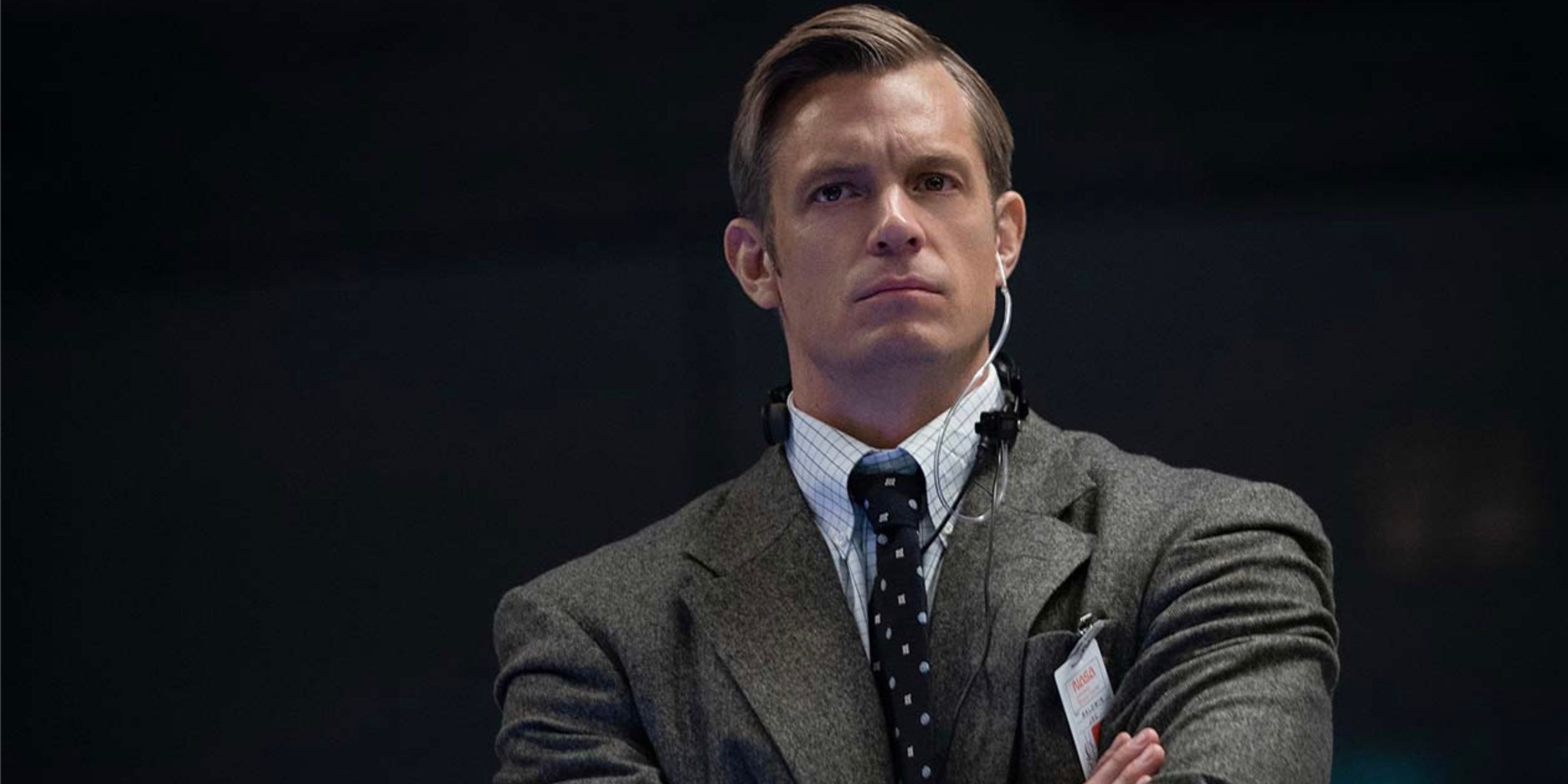
Many TV shows explore alternative histories, imagining how things might be different if key events had unfolded slightly differently. These shows often examine whether such changes would benefit or harm humanity. While many writers don’t explicitly set out to do this, the effect is often present. However, Apple TV’s For All Mankind directly tackles this question, beginning with a reimagining of the 20th-century Space Race between the US and the Soviet Union.
The Apple TV+ series For All Mankind presents an alternate history where the Soviet Union beat the United States in the space race, landing the first person on the moon. While this might seem like a small shift, the show argues it had a massive impact on the world. Joel Kinnaman, known for his roles in Suicide Squad, The Suicide Squad, and Peacemaker, stars as Ed Baldwin, a NASA astronaut driven by national pride to surpass the Soviets. However, he personally struggles with the progressive changes brought about by the intense competition. Many viewers consider For All Mankind to be Kinnaman’s strongest performance yet, as it portrays a man with traditional 1960s values evolving within a more inclusive, yet conflict-filled, late 20th century.
For All Mankind Presents an Alternative History of the World
As a huge space and history buff, I’m completely hooked on For All Mankind. The show starts with a fascinating ‘what if?’ – what if the Soviets had beaten the US to the moon in 1969? Instead of Neil Armstrong taking that first step, it’s a Soviet cosmonaut, Alexei Leonov. The creator, Ronald D. Moore, explained that in our world, the Soviet space program faltered after the death of its chief designer, Sergei Korolev. In For All Mankind, he lives, and that small change completely alters everything. Each season starts with a montage showing how history diverges decade by decade, and it’s amazing to see how one event can ripple outwards in unexpected ways. It’s wild to think that the Soviets winning the Space Race could even save John Lennon’s life – but in this alternate timeline, it does! It really lets your imagination run wild and makes you think about how fragile history can be.
Beyond the exciting space race, For All Mankind portrays a world where the competition between the US and the Soviet Union unexpectedly leads to significant social progress. This alternate history sees women and people of color becoming astronauts, which then creates more opportunities for them in all fields on Earth – including leading NASA and the legalization of same-sex marriage in 1998. The show suggests this more empowered society even impacts personal lives, with Hillary Clinton divorcing Bill Clinton due to his infidelity, and a greater willingness for victims to come forward and report sexual predators like Roman Polanski and Harvey Weinstein, who are arrested during the 20th century.
While the show presents an exciting vision of space exploration, it also depicts increased conflict. In this alternate history, tensions between the United States, the Soviet Union, and North Korea escalate as the space race continues, extending the Cold War and fueling prejudice among both astronauts and people on Earth. However, these conflicts create compelling drama, forcing characters to confront their biases and recognize the shared humanity of others, no matter their nationality or allegiance.
Some of the Best Character Development in Sci-Fi Is on For All Mankind
What really makes For All Mankind stand out is its imaginative take on space exploration and scientific progress. Each season jumps to a different decade and presents a goal that’s far more ambitious than what actually happened in our history. The show lets you wonder about possibilities, like what life would be like for someone born in space. But beyond the exciting space achievements, it’s the compelling characters that keep viewers hooked.
Beyond the shared goal of leading the world in space exploration, each character in the show faces their own personal struggles. While the series features a large cast, the story primarily focuses on Ed Baldwin, Danielle Poole, Margo Madison, and Aleida Rosales. What makes these characters truly special is how realistically and deeply they grow and change over time – a rare treat in science fiction. Unlike most sci-fi stories that cover just one major event in a character’s life, For All Mankind lets us follow these individuals for decades, witnessing their complete journeys.
With its popular show For All Mankind entering its fifth season, Apple TV+ has greenlit a new spin-off called Star City. This new series will explore the Soviet space program. While many original characters are now in their 70s, the show’s creators plan to conclude For All Mankind after seven seasons, bringing the story up to the present day. New viewers can start watching now and be caught up by 2025, around the time the final season (potentially released in 2026) airs.
You can watch For All Mankind on Apple TV+. The show has been renewed for a fifth season, and a spin-off series called Star City is also being created.
Read More
- Brawl Stars December 2025 Brawl Talk: Two New Brawlers, Buffie, Vault, New Skins, Game Modes, and more
- Clash Royale Best Boss Bandit Champion decks
- Mobile Legends: Bang Bang (MLBB) Sora Guide: Best Build, Emblem and Gameplay Tips
- Best Hero Card Decks in Clash Royale
- Call of Duty Mobile: DMZ Recon Guide: Overview, How to Play, Progression, and more
- Clash Royale December 2025: Events, Challenges, Tournaments, and Rewards
- Best Arena 9 Decks in Clast Royale
- Clash Royale Best Arena 14 Decks
- Clash Royale Witch Evolution best decks guide
- Brawl Stars December 2025 Brawl Talk: Two New Brawlers, Buffie, Vault, New Skins, Game Modes, and more
2025-11-04 18:39